Professional gaming needs net neutrality.
Somewhere in the bowels of Washington D.C., a cadre of telecom lobbyists, revolving-door bureaucrats, and tech-illiterate politicians are aiming to fundamentally change the way the Internet works. For the worse.
Telecom companies, like Comcast and Verizon, argue that you should have to pay extra fees to transmit more data over broadband networks.
The ongoing battle to ensure that all data, sites, and services on the Internet are treated equally will decide, in a very real way, how humanity communicates about everything from politics and business to war and peace. Sen. Al Franken (D-Minn.) called it the “free speech issue of our time.” Sen. Ed Markey (D-Mass.) believes that “the genius of the Internet is that it is truly a neutral platform.”
The stakes are high—especially for new and thriving industries like professional gaming, usually referred to as esports, that have been built and maintained by startups and grassroots groups that rely on an equal Internet.
Without a past of net neutrality, esports would probably not exist. Without a future of net neutrality, experts say, pro gaming’s next era looks stagnant and bleak.
“New policies that could throttle bandwidth speeds for gamers will lead to diminished game play and viewing experiences,” said Craig Levine, the vice president at Turtle Entertainment in America told the Daily Dot. Levine’s group runs the Electronic Sports League, the largest pro gaming league in Europe, as well as the online, esports focused video channel ESL TV.
The entire gaming and esports industries have thrived in part because there is an open platform for innovation for game developers and content delivery networks.”
Twitch, the video streaming giant that many credit with launching modern esports to new heights, would have died a premature death on an unequal Internet.
The site began as a camera strapped over the right ear of 23-year-old Justin Kan. Kan was filming the world’s first 24-hour reality show on Justin.tv, the site that would eventually become Twitch. The video stream ate up massive bandwidth from the start.
If that group of recent college grads had been forced to pay extra just for decent speeds, the chances the company would have survived and conquered the world of streaming are slim to nil.
In a letter to the Federal Communications Commission (FCC), a group of more than 100 of the largest venture capitalists—the people who give money to gaming startups—warned that eliminating net neutrality’s non-discrimination principles would severely handicap startups of all kinds.
“If established companies are able to pay for better access speeds or lower latency, the Internet will no longer be a level playing field,” the letter reads. “Startups with applications that are advantaged by speed (such as games, video, or payment systems) will be unlikely to overcome that deficit no matter how innovative their service.”
Today, Twitch streams 12 billion minutes of high quality video to 45 million users around the world. Net neutrality is the reason the site now sucks up more peak hour bandwidth than Hulu, HBO Go, or Facebook. If a small startup like Twitch had to pay to play with the big boys, history would have forgotten about those optimistic San Francisco gamers a long time ago.
While Twitch representatives declined to comment for this article, industry experts agree: Net neutrality is key to esports.
“The startup costs for new businesses might be higher without net neutrality,” Internet lawyer and fighting game commentator David Graham told the Daily Dot in an email.
So, for example, maybe Blizzard could pay Comcast to prioritize Battle.net because it’s been big for 20 years, but maybe Riot wouldn’t have been able to do the same when it was starting up. And with less competition comes worse Internet speeds, so who knows if the online-heavy gaming world we have today would have been possible without net neutrality.”
These days, companies like Riot Games don’t need net neutrality like they once did. The League of Legends publishers have the advantages of massive worldwide popularity—about 70 million players per month—and a Chinese parent company worth $150 billion. If Internet service providers started charging extra to provide decent speed, Riot could surely afford it.
But the next Riot, or Twitch, couldn’t. For esports fans, it’s almost impossible to imagine the current esports industry without those two companies, or companies doing something very similar. The industry, which is still relatively young, changes rapidly—if the next great esports companies all die young, the future won’t be pretty.
“Killing net neutrality is bad for America’s economy,” Sen. Ron Wyden (D-Ore.) said. “Start-ups who cannot afford to pay the toll for acceptable Internet speeds will never leave the garage. If they try to go to court for a ‘fairer’ price for accessible speeds, they’ll be crushed under an army of Comcast’s or Verizon’s lawyers.”
The technology behind the Internet, and the networks that maintain it, were conceived and built by public investment. Internet service providers use public lands and benefit from government-sanctioned monopolies.
But a two-tiered Internet offers no public benefit. Instead, it endangers both free speech and the economy.
“I don’t think the pro gaming community, or the gaming community in general, or to be honest most people in general, understand how important net neutrality is,” Graham continued.
It’s the difference between a strong, fast, competitive internet that’s friendly to new businesses and ideas and where the best tech and ideas win, and a slower, monopolistic internet that allows for less free speech and less innovation, and where being entrenched is more important than new ideas and new technology. That’s a world that sucks for everyone except those entrenched businesses and the corrupt politicians they support.”



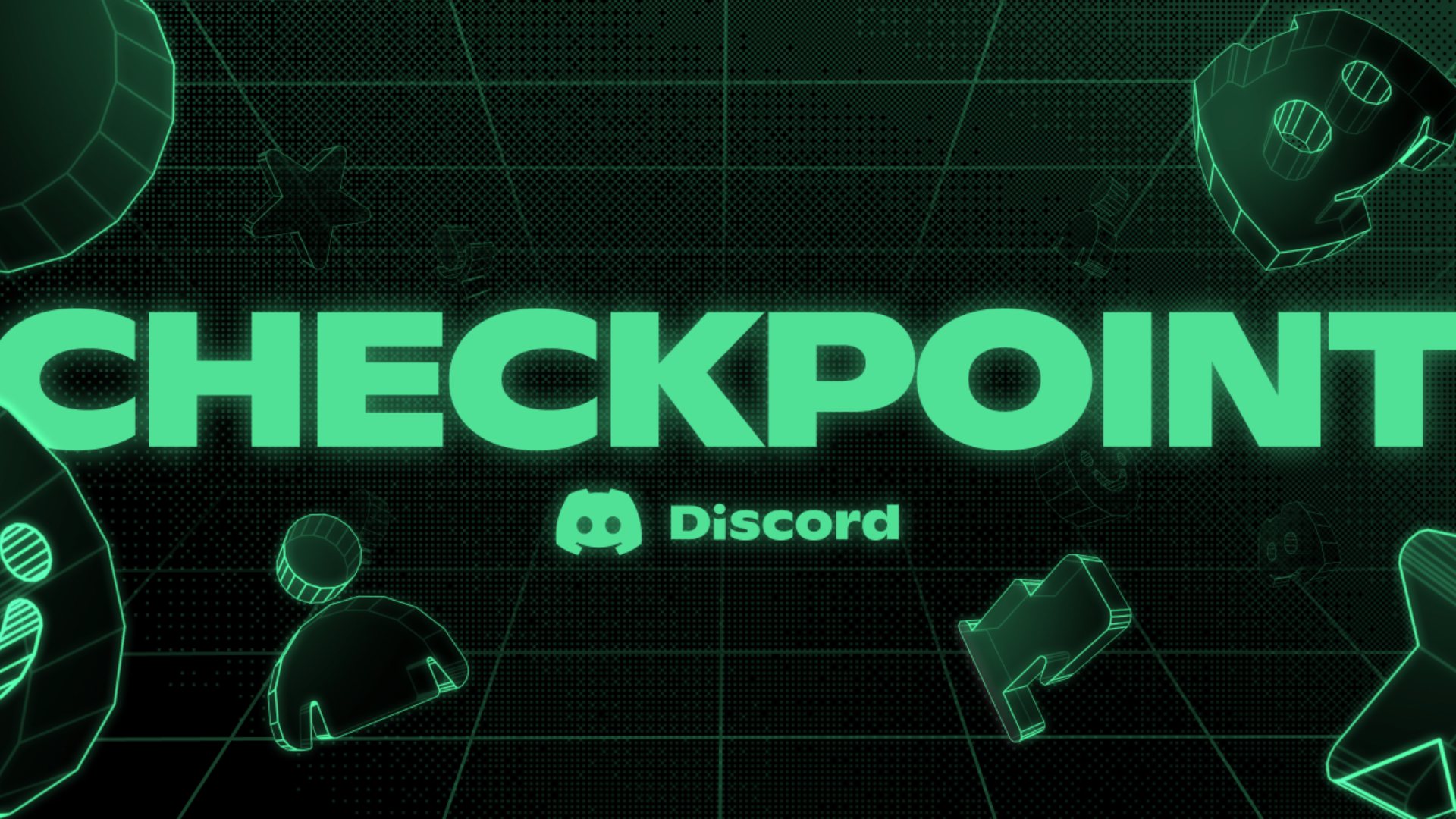


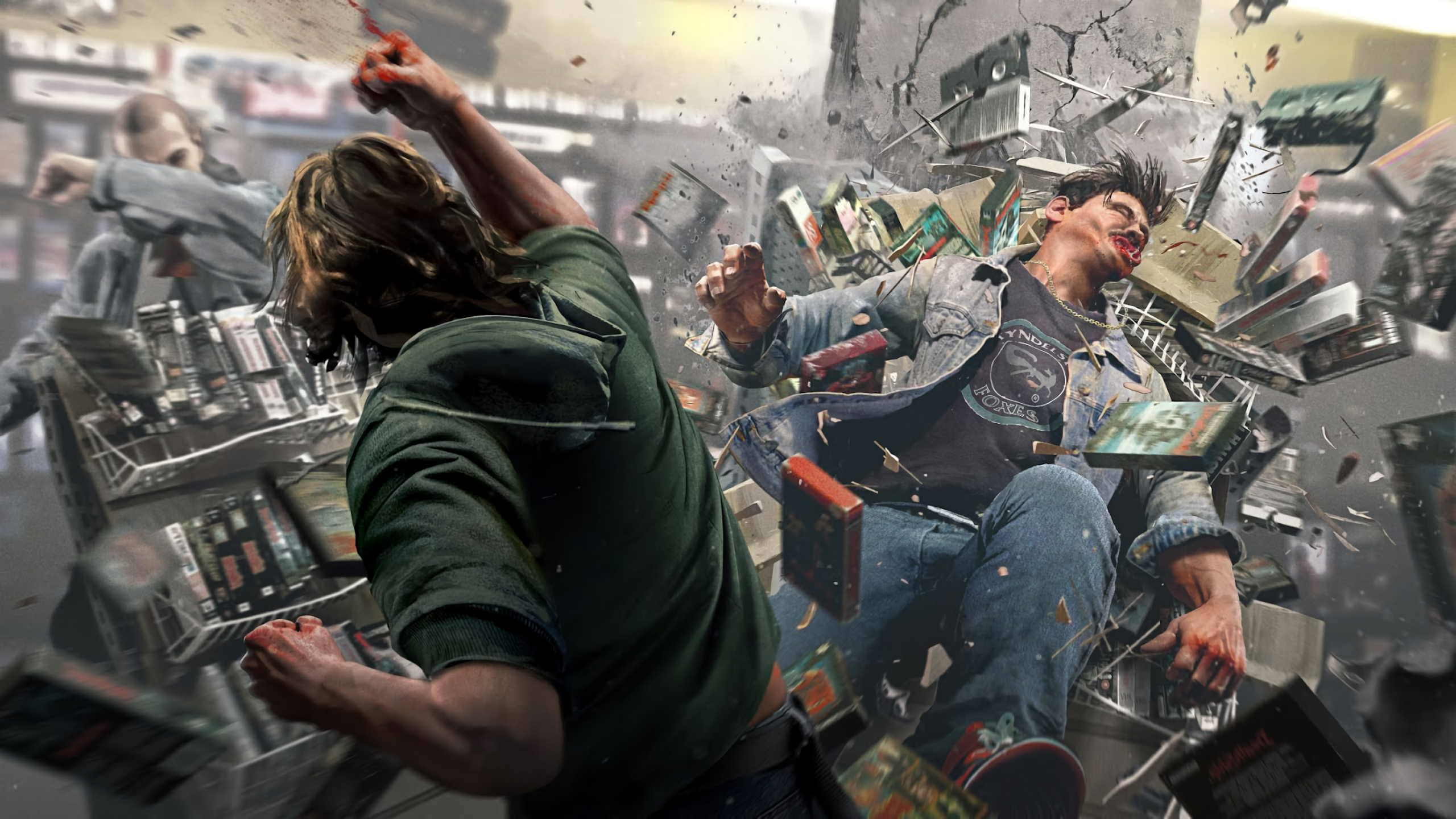
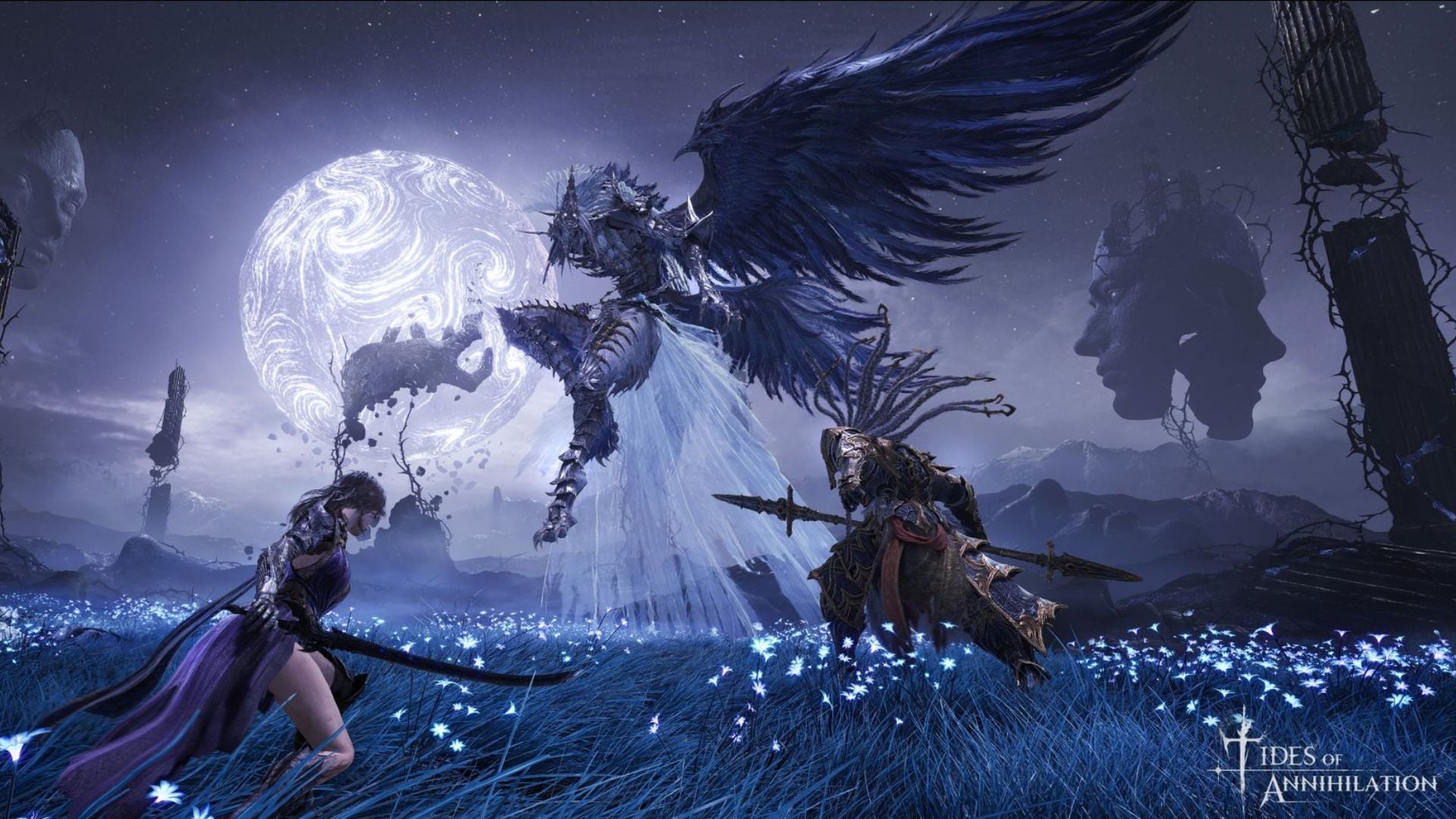
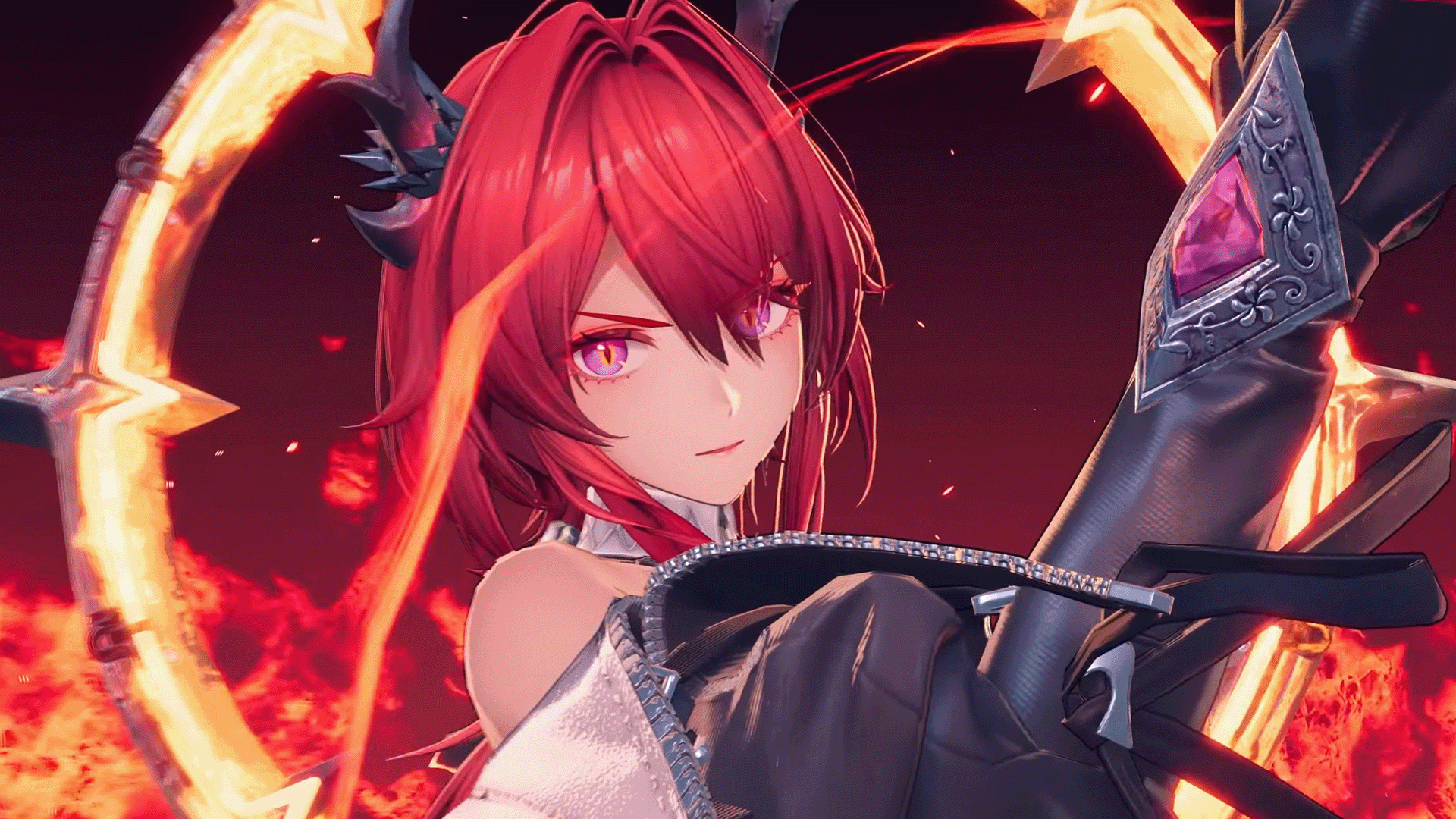


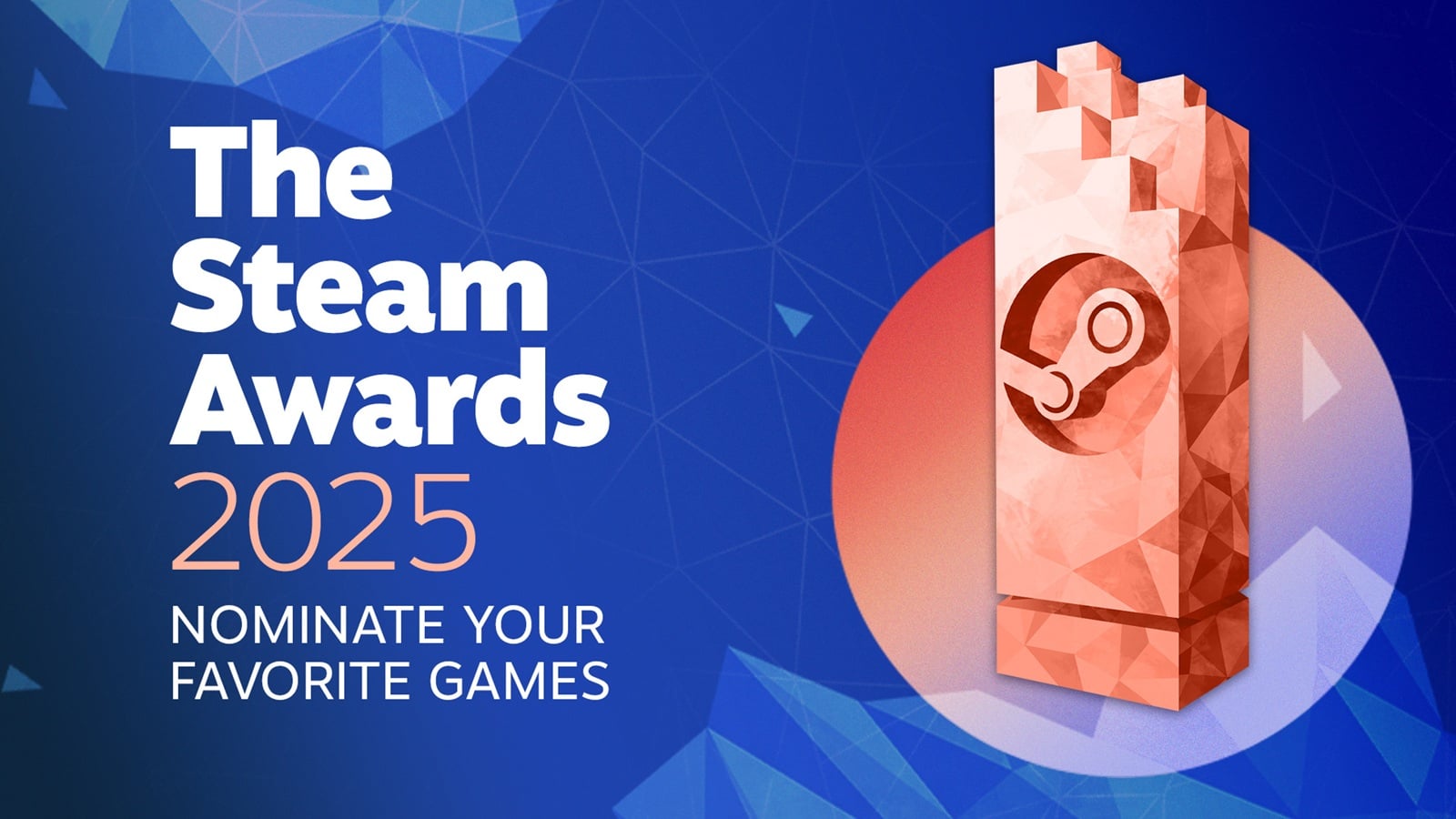

Published: May 15, 2014 07:04 am